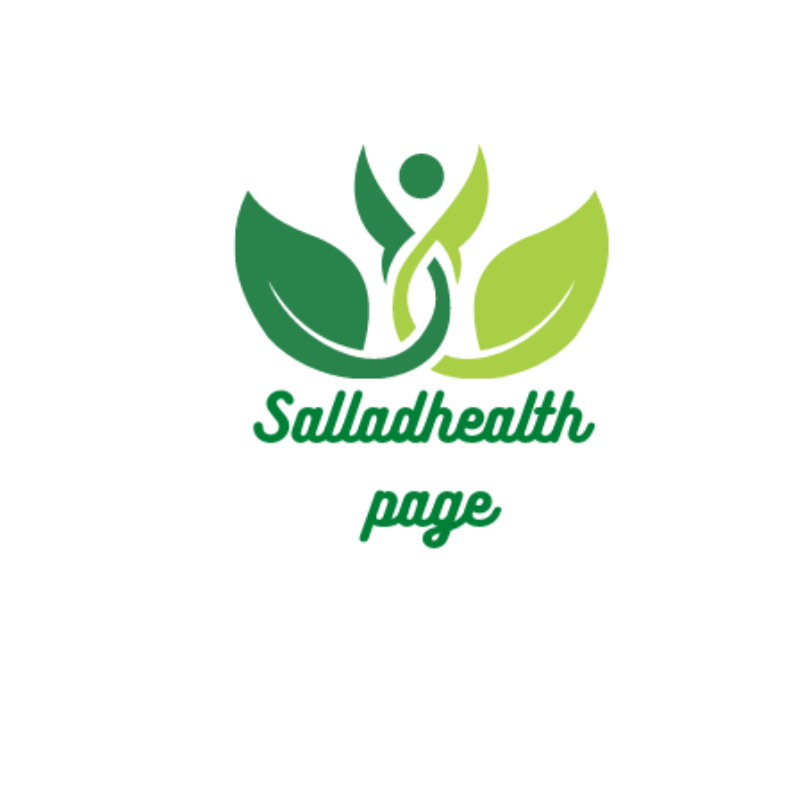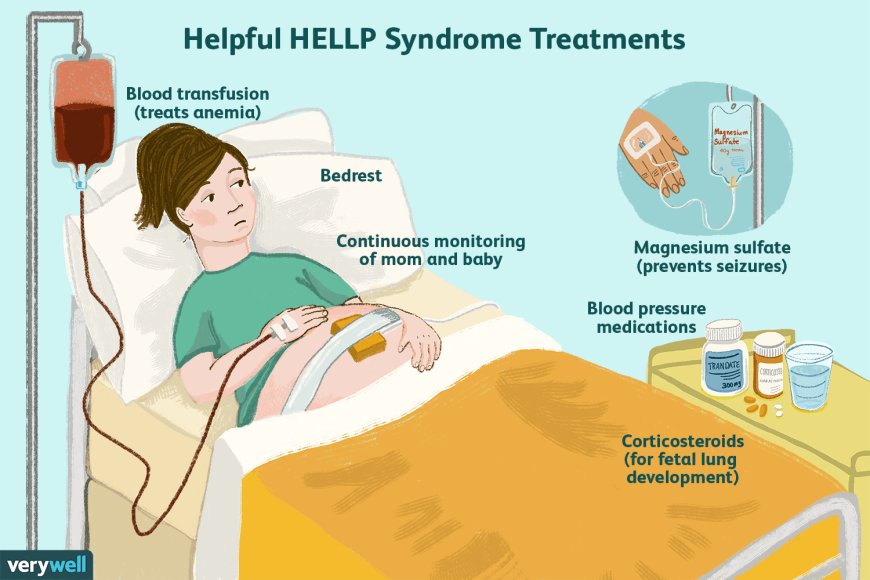"HELLP Syndrome Complications: What You Need to Know"
Understand the potential complications of HELLP syndrome, including liver damage, kidney failure, and premature delivery.
HELLP syndrome is a serious pregnancy complication that stands for Hemolysis, Elevated Liver enzymes, and Low Platelet count. It is a variant of preeclampsia, a condition that occurs in some pregnant women and is characterized by high blood pressure and damage to organs such as the liver and kidneys.
In HELLP syndrome, the red blood cells are destroyed, which causes a low platelet count and elevated liver enzymes. HELLP syndrome can occur at any time during pregnancy, although it is most common in the third trimester. It is a rare condition, affecting about 1 to 2 per 1,000 pregnancies, but it can be life-threatening for both the mother and the baby.
The exact cause of HELLP syndrome is not known, but it is thought to be related to problems with the blood vessels that supply the placenta. Risk factors for HELLP syndrome include having preeclampsia, being over the age of 25, having a history of high blood pressure or other medical conditions, and being pregnant with multiples.
Symptoms of HELLP syndrome
The symptoms of HELLP syndrome can vary from woman to woman, and some women may not experience any symptoms at all. However, common signs and symptoms of HELLP syndrome may include:
- Headache, which may be severe and persistent
- Nausea or vomiting, which may be severe
- Abdominal pain or tenderness, especially in the upper right quadrant of the abdomen
- Swelling, especially in the hands or face
- Rapid weight gain, typically more than 2 pounds per week
- High blood pressure
- Proteinuria, or protein in the urine
- Changes in vision, such as blurred vision or sensitivity to light
- Fatigue or weakness
- Decreased urine output
- Decreased fetal movement or activity
It's important to note that these symptoms can also be indicative of other pregnancy complications, such as preeclampsia, and that women should contact their healthcare provider immediately if they experience any of these symptoms. Prompt diagnosis and treatment of HELLP syndrome can help prevent serious complications and improve outcomes for both the mother and the baby.
When to see a doctor
If you are pregnant and experience any of the following symptoms, you should contact your doctor immediately:
- Severe or persistent headache
- Abdominal pain or tenderness
- Nausea or vomiting
- Seizures or convulsions
- Changes in vision, such as blurriness or sensitivity to light
- Swelling in the hands or face
- Rapid weight gain
- Pain in the upper right side of the abdomen
- Decreased fetal movement or activity
- Shortness of breath or difficulty breathing
These symptoms could be signs of preeclampsia or HELLP syndrome, both of which can be serious and require prompt medical attention. In general, it's important to keep all of your prenatal appointments and report any unusual symptoms or changes in your health to your healthcare provider as soon as possible. Early detection and treatment of complications like HELLP syndrome can help prevent serious health problems for both you and your baby.
Complications
HELLP syndrome is a serious complication of pregnancy that can lead to various complications, both for the mother and the baby. Some of the potential complications of HELLP syndrome may include:
- Liver damage: HELLP syndrome can cause damage to the liver, leading to liver failure or bleeding.
- Kidney failure: HELLP syndrome can cause kidney damage, leading to decreased kidney function or kidney failure.
- Placental abruption: HELLP syndrome can cause the placenta to detach from the uterine wall, which can lead to heavy bleeding and endanger the life of both the mother and the baby.
- Premature delivery: In some cases, HELLP syndrome may necessitate delivery of the baby before full term, which can increase the risk of complications such as respiratory distress syndrome and infections.
- Fetal distress: HELLP syndrome can cause reduced blood flow to the baby, which can lead to fetal distress or even stillbirth.
- Stroke or seizure: In severe cases, HELLP syndrome can lead to stroke or seizure, which can be life-threatening for both the mother and the baby.
- Maternal death: Although rare, HELLP syndrome can be fatal for the mother if left untreated or if complications arise.
It's important to note that not all women who develop HELLP syndrome will experience these complications, and early detection and prompt treatment can help prevent serious problems.
Prevention
Unfortunately, there is no guaranteed way to prevent HELLP syndrome from occurring during pregnancy. However, there are some steps that pregnant women can take to reduce their risk of developing this serious condition. These include:
- Attending regular prenatal checkups: Regular prenatal checkups can help detect and monitor any potential pregnancy complications, including preeclampsia and HELLP syndrome.
- Managing high blood pressure: Women who have high blood pressure or who are at risk of developing high blood pressure should work with their healthcare provider to manage their blood pressure throughout pregnancy.
- Eating a healthy diet: A healthy diet that is rich in nutrients and low in processed foods and sodium can help support overall health during pregnancy.
- Getting enough rest: Getting enough rest and avoiding excessive stress can help support a healthy pregnancy and reduce the risk of complications like HELLP syndrome.
- Avoiding tobacco and alcohol: Tobacco and alcohol use during pregnancy can increase the risk of complications like preeclampsia and HELLP syndrome, so it's important to avoid these substances.
- Knowing the signs and symptoms: Being aware of the signs and symptoms of HELLP syndrome and other pregnancy complications can help women recognize potential problems early and seek prompt medical attention.
Ultimately, the best way to prevent complications like HELLP syndrome during pregnancy is to maintain a healthy lifestyle, attend regular prenatal checkups, and work closely with a healthcare provider to monitor and manage any potential risks.
Conclusions
HELLP syndrome is a serious complication of pregnancy that can lead to various complications for both the mother and the baby. Risk factors for developing HELLP syndrome include preeclampsia, advanced maternal age, multiples, previous history of HELLP syndrome, obesity, chronic hypertension, blood clotting disorders, and gestational diabetes. Women who experience symptoms such as severe headache, abdominal pain, nausea, seizures, changes in vision, and swelling, rapid weight gain, upper right abdominal pain, decreased fetal movement, or difficulty breathing during pregnancy should contact their healthcare provider immediately. Unfortunately, there is no guaranteed way to prevent HELLP syndrome, but women can take steps to reduce their risk by attending regular prenatal checkups, managing high blood pressure, eating a healthy diet, getting enough rest, avoiding tobacco and alcohol, and knowing the signs and symptoms of pregnancy complications. Early detection and prompt treatment can help prevent serious complications and improve outcomes for both the mother and the baby.
What's Your Reaction?










































